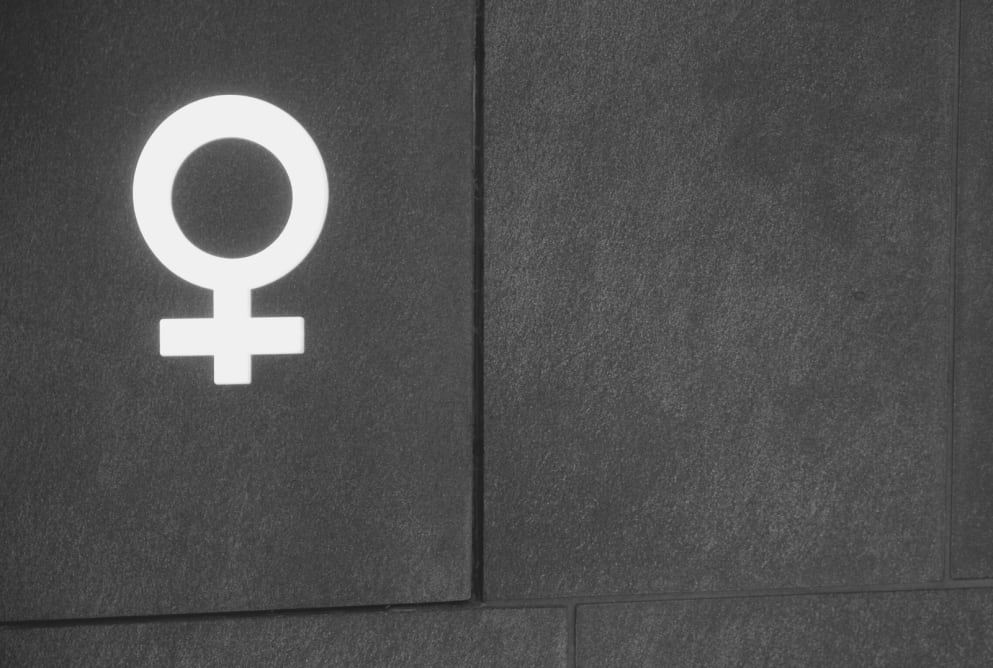Let's cut right to the chase. Life expectancy for the homeless, male or female, is extremely distressing.
On average, the life expectancy for men living on the street is 45, for women it's 43. It's not hard to see how rough sleeping, lack of nutrition and no access to basic hygiene provision would take its toll on someone's physical and mental health. There's reduced access to medical care as a result of not being registered with a doctor or dentist, and a more advanced progression of illness given that there's very little scope for prevention.
When every day is a battle for survival, taking care of yourself and maintaining overall well-being can feel like a luxury.
The experience of women
Whilst we know only too well that homelessness can affect anyone at any time, in honour of International Women's Day 2022, we're putting the spotlight on women's health and homelessness.
According to research, an astounding 74% of homeless women have a physical health issue, whilst 64% are experiencing issues with their mental health. Here we're taking a look at just some of the considerations.
Physical violence and abuse
Domestic violence is a big cause of homelessness. For many women fleeing abusive relationships, life on the street is no safer. Homeless women are at greater risk of physical and sexual assault, which in turn means that they're at risk of sustaining injuries that require medical attention.
Combine this with the fact that women are also at risk from threats of violence and intimidation, finding a safe space when sleeping rough isn't easy.
Gynaecological health concerns
Still far too much a taboo for women everywhere, periods are far more problematic for homeless women. Forced to choose between feeding themselves and buying menstrual products, many women find themselves having to 'make do' during their periods by using other materials. This leaves them prone to infection as a result of poor hygiene.
A further concern is the fact that homeless women are more at risk of contracting a sexually transmitted infection as a result of sexual violence or being forced into sex work to make ends meet. Health professionals have long since recognised these issues for some time, with many calling for a better understanding of the use of contraception and cervical screening by homeless women.
Pregnancy
In shocking results from a 2019 survey* by Channel 4's Dispatches and the Royal College of Midwives, 99.7% of midwives stated that they'd had contact with a pregnant homeless woman in the past six months.
The stress that homelessness can put on expectant mothers and their babies is a massive cause for concern, and can negatively affect a baby's growth and development in the future.
These are just some of the health concerns facing women on the streets. There are many more, and each of them highlight the fact that women make up a large proportion of hidden homelessness. The truth is that homeless women often remain hidden from view, meaning that the real extent of the problem is most likely much much bigger.
This week will see International Women's Day celebrated around the globe. The theme this year is a very pertinent one for us here at Simon on the Streets. #BreakTheBias aims to promote a world free of stereotypes and discrimination. A world that instead embraces diversity and inclusion.
If you think you could help us make a difference, we'd love to hear from you. You can get in touch by phone, email or via our social media channels. Your support is vital and always appreciated.
*Credit: Born Homeless: Channel 4 Dispatches Monday 18th November, Channel 4, 8pm
